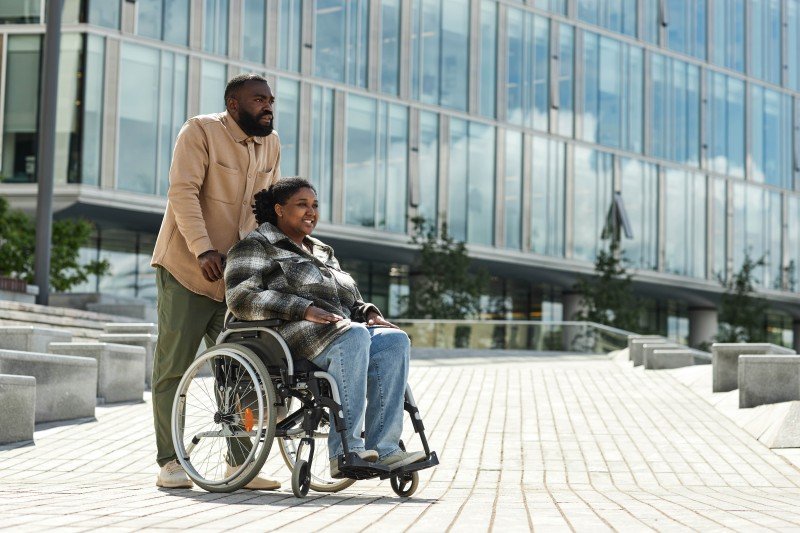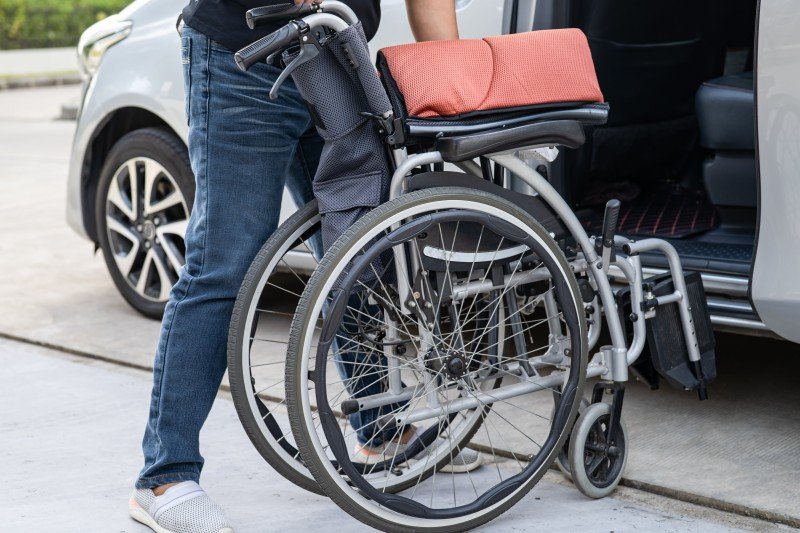
Exploring Disability Scooters for Sale Near Me: A Comprehensive Guide
In the contemporary world, mobility aids have actually become progressively sophisticated and accessible, enhancing the lifestyle for individuals with specials needs. Amongst these aids, disability scooters stand out as a flexible and effective option, using liberty and self-reliance to those who may discover conventional walking aids limiting. This article dives into the world of disability scooters, exploring how they work, the benefits they supply, and where to find them for sale near you.
What Are Disability Scooters?
Disability scooters, also referred to as mobility scooters or electric scooters, are motorized cars created to help individuals with mobility concerns. These scooters are typically equipped with a seat, handlebars for steering, and a range of functions that improve convenience and security. They are powered by rechargeable batteries and can be utilized both inside your home and outdoors, depending on the design.
Types of Disability Scooters
Three-Wheeled Scooters
- Pros: More maneuverable in tight areas, lighter and typically easier to transfer.
- Cons: Less steady on uneven surfaces, might feel less secure for some users.
Four-Wheeled Scooters
- Pros: Greater stability and balance, better for outside usage, especially on rough terrain.
- Cons: Less maneuverable in tight areas, usually much heavier and harder to transport.
Travel Scooters
- Pros: Designed for simple disassembly, making them perfect for travel.
- Cons: May have a much shorter range and lower speed compared to full-sized models.
Sturdy Scooters
- Pros: Built to support greater weight capabilities, often more resilient and sturdy.
- Cons: Heavier and less portable, might require more maintenance.
Standing Scooters
- Pros: Provide an option for users who choose or require to stand.
- Cons: Less common, might not be as comfortable for long-term usage.
Advantages of Disability Scooters
Improved Mobility
- Disability scooters make it possible for users to travel longer distances and navigate different environments with ease, from supermarket to outdoor parks.
Increased Independence
- By reducing the need for support, these scooters empower users to keep their self-reliance and carry out day-to-day activities more easily.
Improved Quality of Life
- Scooters can significantly boost social and recreational activities, allowing users to take part in community events and preserve a more active way of life.
Cost-efficient
- Compared to other mobility aids like power wheelchairs, scooters are frequently more budget-friendly and have lower upkeep expenses.
Adjustable
- Numerous scooters featured choices for personalization, consisting of adjustable seats, speed settings, and extra safety functions.
Where to Find Disability Scooters for Sale Near Me
When trying to find disability scooters for sale, there are a number of alternatives offered to guarantee you discover the right suitable for your requirements.
Local Mobility Aid Stores
- Pros: Opportunity to evaluate drive and see the scooters personally, knowledgeable staff for individualized recommendations.
- Cons: Limited choice compared to online stores, may be more costly due to overhead expenses.
Online Retailers
- Pros: Wide variety of designs and brands, typically more competitive pricing, convenience of shopping from home.
- Cons: Can not evaluate drive before buying, possible shipping expenses and hold-ups.
Specialized Dealers
- Pros: Specialized in mobility aids, often offer extended warranties and funding options.
- Cons: May be more pricey, fewer physical locations.
Second-Hand Markets
- Pros: Affordable alternatives, chance to examine and check the scooter before buying.
- Cons: Limited warranty, might need maintenance or repairs.
What to Consider When Buying a Disability Scooter
User Needs and Abilities
- Physical Condition: Consider the user's strength, dexterity, and stability.
- Way of life: Think about where the scooter will be used most often (inside your home, outdoors, both).
Scooter Features
- Variety and Battery Life: Ensure the scooter can handle the distances you require to take a trip.
- Speed and Maneuverability: Choose a scooter that matches your speed preferences and the spaces you browse.
- Weight Capacity: Verify that the scooter can support the user's weight.
- Storage and Transport: If you require to transport the scooter, look for designs that are light-weight or simple to take apart.
Security and Comfort
- Braking System: Check for trustworthy and responsive brakes.
- Seating: Opt for a comfortable and adjustable seat.
- Lighting and Accessories: Consider features like headlights, turn signals, and baskets for added benefit.
Spending plan and Financing
- Preliminary Cost: Compare prices from different merchants.
- Maintenance Costs: Factor in the expense of batteries, repairs, and regular maintenance.
- Funding Options: Some dealers offer funding or lease-to-own programs.
Warranty and Support
- Warranty: Look for a thorough service warranty that covers both parts and labor.
- Customer Support: Ensure the merchant provides reliable client service and support.
FAQs About Disability Scooters
Q: Are disability Scooters for sale near Me scooters covered by insurance?
- A: Many insurance coverage, consisting of Medicare, can cover a part of the cost of a disability scooter. However, coverage differs, so it's vital to talk to your service provider for specific details and requirements.
Q: How frequently do I need to charge the battery?
- A: The frequency of battery charging depends upon the design and usage. Typically, you need to charge the battery after each use or at least when a week if the scooter is not utilized day-to-day.
Q: Can I utilize a disability scooter on public transport?
- A: Yes, lots of disability scooters are developed to be portable and can be used on public transportation, such as buses and trains. Nevertheless, it's a good idea to check the specific rules and guidelines of your regional transit authority.
Q: Are there any age constraints for utilizing disability scooters?
- A: There are no strict age limitations, however users need to be able to operate the scooter securely. Lots of scooters are designed for older grownups, but they can be utilized by anybody who needs assistance with mobility.
Q: Can I modify a disability scooter to fit my specific needs?
- A: Many scooters offer modification choices, such as adjustable seats and speed settings. For more extensive modifications, it's best to speak with a professional mobility aid supplier.
Tips for Buying a Disability Scooter
Research Thoroughly
- Check out Reviews: Look for evaluations from other users to get a sense of the scooter's efficiency and reliability.
- Compare Models: Consider different models and brands to find the one that best satisfies your needs.
Test Drive Before Buying
- If possible, test drive the scooter to ensure it feels comfy and fulfills your requirements.
Request Professional Advice
- Seek advice from a doctor or mobility help professional to get personalized recommendations.
Look For Local Incentives
- Some city governments and companies use incentives or aids for acquiring disability scooters. Talk to your regional disability services to learn more.
Consider Future Needs

- Think about any potential changes in your physical condition that may impact your scooter requires in the future.
Disability scooters are a valuable tool for enhancing mobility and self-reliance for individuals with disabilities. By considering the user's requirements, the features of the scooter, and the available choices for purchase, you can discover the best scooter to fit your way of life. Whether you're patronizing a regional store or browsing online, making the effort to research and test drive various designs will ensure you make an informed and advantageous decision. With the right scooter, the world ends up being a more available and satisfying location.
Extra Resources
- Mobility Aid Providers: Check regional listings for service providers specializing in disability scooters.
- Online Reviews: Websites like Consumer Reports and mobility aid forums offer in-depth evaluations and user feedback.
- Federal government Programs: Look into local and nationwide programs that provide monetary assistance for mobility help.
By exploring these resources and following the tips described in this article, you can with confidence discover and acquire a disability scooter that fulfills your particular requirements and boosts your every day life.














